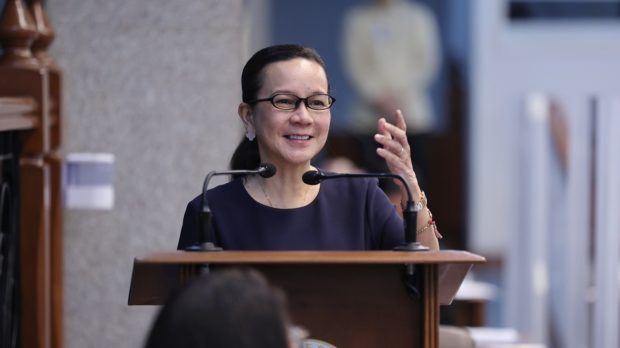Improved internet service bill refiled in Senate
MANILA, Philippines — Senator Grace Poe has refiled her bill that seeks to provide fast, reliable, and affordable internet connectivity across the country.
Poe’s proposed Better Internet Act, which was first filed in 2020, requires all public telecommunication entities (PTEs) and internet service providers (ISPs) in the country to broaden the scope of their services and adhere to the threshold on internet speed, quality and consistency.
“Undoubtedly, the internet has become an essential tool to survive and thrive. We should therefore bolster public access to it,” the lawmaker said in a statement on Wednesday.
“Ensuring access to fast and affordable internet connection is not only an option if we want our country and people to be competitive. It should be a priority.”
According to the proposed bill, the National Telecommunications Commission (NTC) should enforce a minimum standard on connection, reception, just pricing and billing practices upon PTEs and ISPs.
No minimum internet speed, however, will be required for free internet services.
If found to be non-compliant, PTEs and ISPs will face a fine of P200,000 to P2 million for each count of violation.
If their yearly gross income falls behind P10 million, the penalty will account for one to two percent of its annual gross income.
“Service providers must pick up and maintain an acceptable internet speed to boost connectivity across sectors and empower our people,” Poe stressed,
A recent report by network speed analyst Ookla showed that overall 4G performance has improved in the country because telecommunications companies have started to invest more on digital infrastructure, and also because of reforms in regulation.
An advocacy group, however, stressed that the Philippine government should also do its share in improving the country’s digital infrastructure as it pointed out “numerous roadblocks and hurdles that prevent us from realizing our full potential to be a tech-driven country.”

